Recently, armed police leaped out of a caravan of SUVs and dashed down narrow alleys to arrest a notorious international trafficker wanted on three continents. Destiny Rescue (an organisation whose rescue efforts in Cambodia, Thailand and the Philippines Child Rescue helps fund) agents clad in bullet-proof vests sprinted alongside the officers in pursuit of the criminal and his young victims.
But their agents weren’t tag-alongs for this operation; they’d been there from the start. Their team brought the case to the police and worked side-by-side with them during the investigation at their request and under their authority. Destiny Rescue agents were assets.
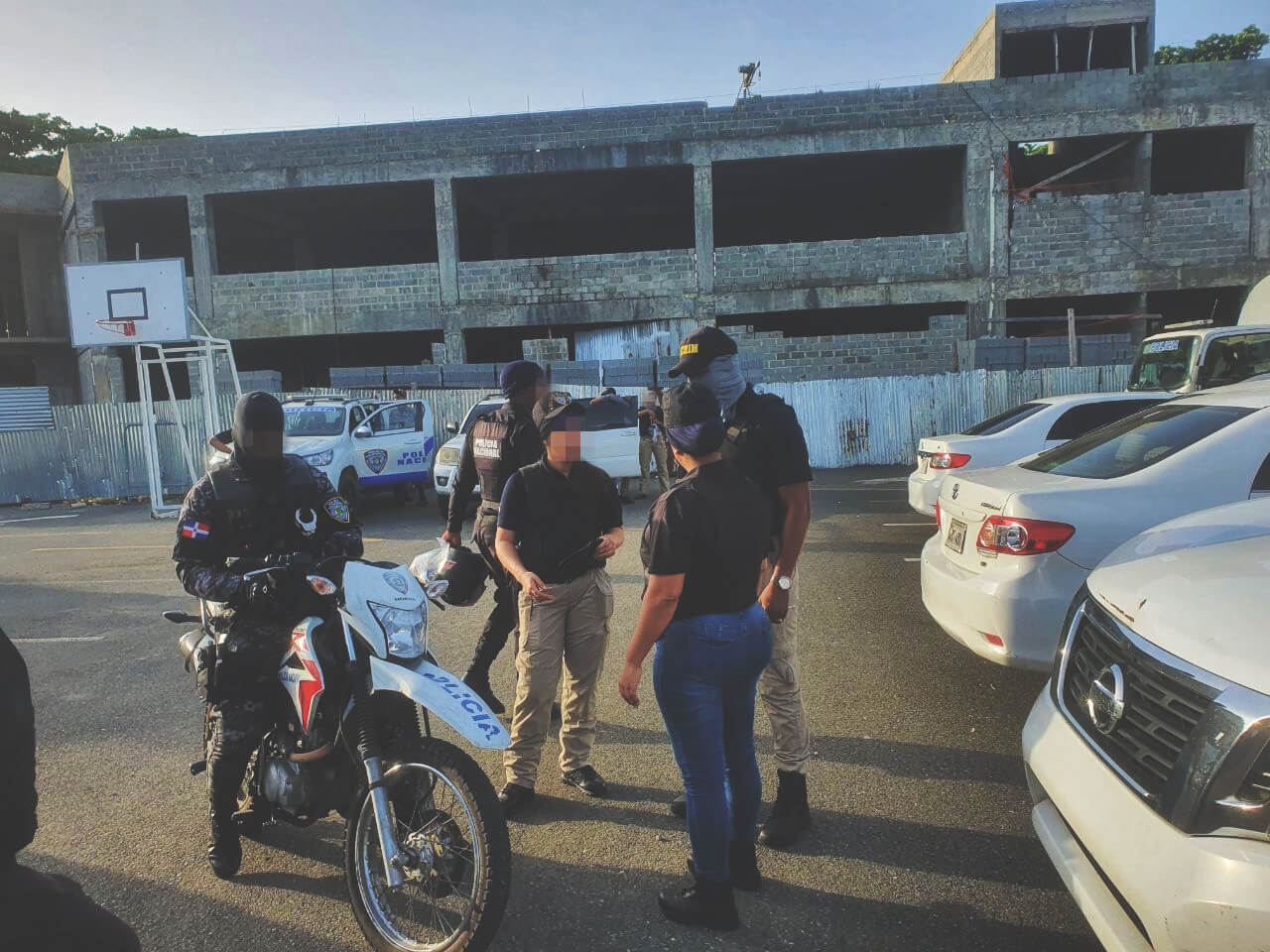
Police and Destiny Rescue agents preparing to raid
Finding the best path
It hasn’t always been this way.
Destiny Rescue’s unwavering mission is to rescue kids and help them stay free, but how they pursue that goal is anything but static. 20+ years of experience rescuing kids has taught them what works, what doesn’t and how to adapt to maximize their effectiveness.
That willingness to adapt has led to a remarkably diverse range of rescue strategies. From vocational training in Uganda to border monitoring in Nepal, they’ve refined their techniques to best fit the needs of victims in a particular region over time.
Nowhere is that more evident than in Destiny Rescue’s collaboration with law enforcement agencies (LEAs).
Destiny Rescue conducts raids in several of their rescue regions, which are rescue operations in collaboration with law enforcement. In this article, we’ll highlight raids and the immense effectiveness of strengthening relationships with LEAs, but they aren’t needed everywhere; Destiny Rescue develops rescue tactics for each area where they work in based on the cultural, political and economic climate.
In the past, Destiny Rescue’s primary means of rescue in much of the Asia region was “covert rescue.” Their agents would locate an exploited victim in a bar or beer garden, pose as potential customers to gain entry and then, after building trust with the trafficked child, offer her a means of rescue.
Destiny Rescue agents still use this method effectively today on a case-by-case basis, but it has its drawbacks. If an agents’ covers are blown, the bar owner may prevent agents from accessing the victims. But perhaps the biggest problem was best stated by Bruce, one of Destiny Rescue’s agents:

If there’s no punishment… it creates a vacuum to where (traffickers) can just go out and get another minor who potentially might have never been trafficked.”
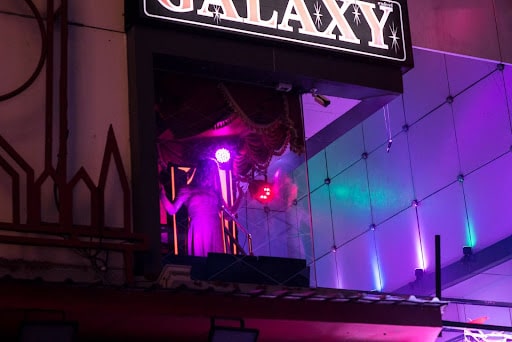
An employee sits in a bar’s window display facing the street in one of Thailand’s red-light districts
So Destiny Rescue has adapted, changing their model to become better rescuers. The result has literally changed the criminal landscape in some areas.
A potent partnership
To rescue children and prevent their traffickers from harming other kids, Destiny Rescue has developed strong ties with LEAs all over the world.
They vet LEAs just like any other local partner to ensure that they only unite with others who also prioritise children.
Gaining the trust of authorities is challenging under any circumstance. Foreign police forces are, unfortunately, jaded by culturally ignorant but well-meaning Western groups.
It’s not uncommon for such organisations to storm into these nations with civilian saviour complexes, conduct cowboy “operations” that do more harm than good and disappear back across the ocean with little thought to the mess they leave behind or the children’s post-rescue needs. Overcoming that reputation takes time, patience, and—above all—a commitment to ceaseless integrity.
It’s work worth doing. Destiny Rescue teams have earned their standing with various national police forces by operating by their rules, being culturally responsible and proving that their agents are valuable additions to their teams.
“We’ve learned how the different government agencies and law enforcement tick,” Lucas, Destiny Rescue rescue manager in the Dominican Republic, said. “Because we meet their needs, they are willing to help meet ours.”
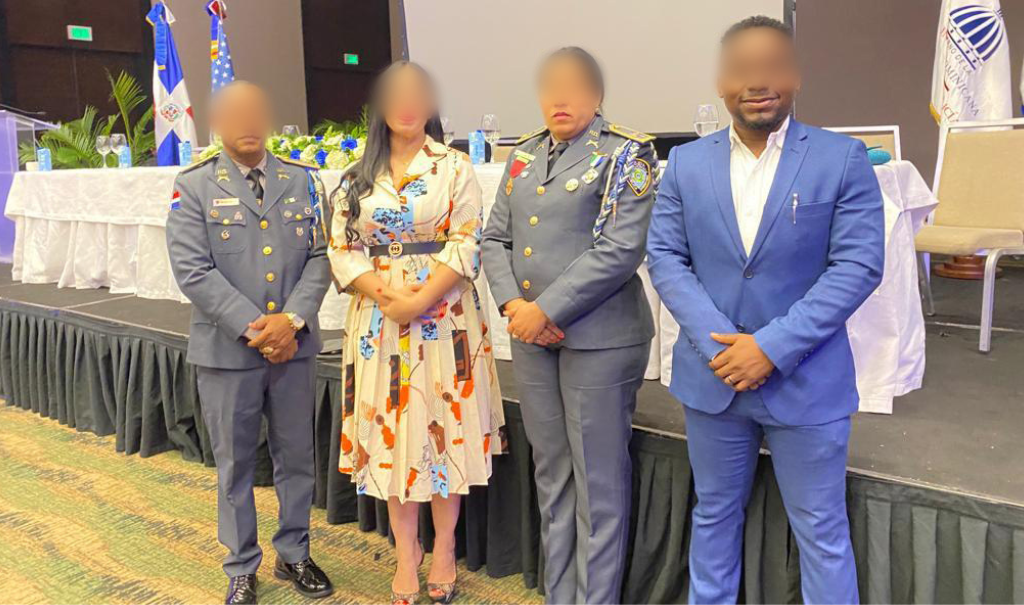
Destiny Rescue Dominican Republic agents, alongside the Dominican Republic National Police
Due diligence
- MOUs: Part of that involves doing the right paperwork to stay above board with LEAs. Destiny Rescue has signed Memorandums of Understanding in every nation in which they work, whether with credible partners or government entities, ensuring that communities know of their work there and approve of and coordinate with their operations.
- Code of Conduct: Every team member signs an iron-clad, living code of conduct that, in some nations, has to be approved by the local government for Destiny Rescue to maintain accreditation. There is nothing more important to Destiny Rescue than the well-being of the children they help. Every vetted team member is expected to behave above reproach, and violations are immediately met with suspension or termination.
- Manual of Operations: Destiny Rescue’s extensive manual of operations must be submitted for yearly review in each area they work in, and in nations where they conduct raids, the manuals are even reviewed by partnered governmental entities. No “cowboy” tactics here: these manuals include rescue, financial and administrative policies, their financial background, as well as one, three and five-year plans for the future.
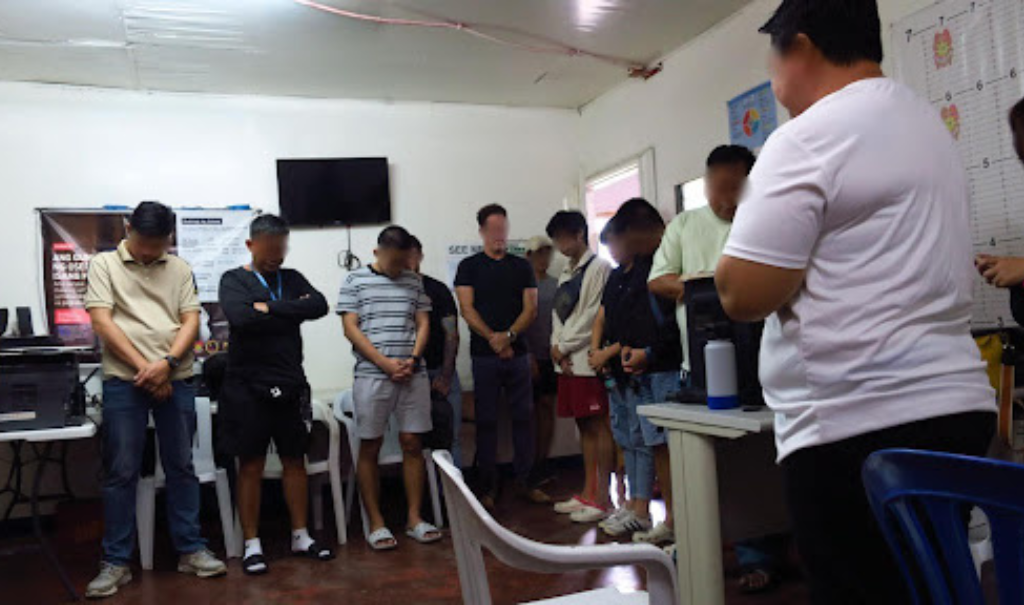
Destiny Rescue agents bow their heads in prayer before leaving for a raid
Accountability
Beyond all that extensive documentation, Destiny Rescue has a set of checks and balances to make sure their teams stay on the right track. A major piece of these measures is their integration with local police.
Destiny Rescue’s team works closely with the very individuals who could prosecute them if their agents ever stepped out of line

A lot of the times when we’re out there doing surveillance, it’s with law enforcement sitting right next to us,” one rescue agent in the Philippines said.
The fact that officers are always watching Destiny Rescue’s agents (and vice versa) ensures that both teams are prioritising the children. This close proximity also helps the teams to deepen their professional and personal relationships further, allowing them to rescue kids more efficiently than ever.
Commitment
Destiny Rescue doesn’t just show up for the photo op.
Local and national police departments have come to trust their team because they are committed to every part of rescuing children. Raids may seem exciting, but they are the culmination of months of hard work and tedious investigating.
“We’re here for the case buildup right through to the operation,” one agent in the Philippines said. “It’s all about submerging ourselves into the country we’re dedicated to.”
Prior to the raid, their investigators will spend weeks or months gathering court-admissible evidence to take the load off of overworked departments.
Destiny Rescue teams are methodical and organised so that once their investigation is complete, police don’t have to worry about filling in gaps. “We will get all the evidence for the police and hand it to them in a complete package,” Mike, Destiny Rescue’s International Rescue Director, said.
Destiny Rescue’s help doesn’t end with the raid. Because their teams gather evidence, often as undercover agents, their testimony is invaluable in securing convictions for the criminals they help arrest. “[Agents] know exactly what police will need to close the case, and make sure to go the extra mile beyond the rescue and make sure that the evidence is properly collected, and a prosecution is likely,” Lucas said.
And while some governments handle post-rescue paths and aftercare placement for the survivors after a raid, Destiny Rescue helps every survivor they possibly can begin healing from the exploitation they endured.
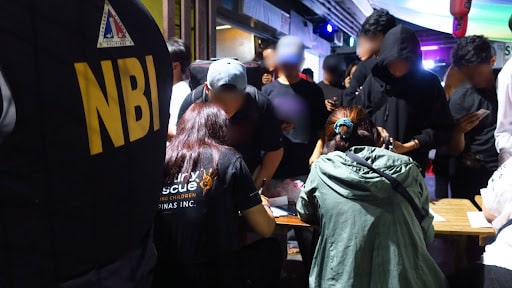
A Destiny Rescue caseworker works alongside Department of Social Welfare and Development social workers in the Philippines to document nightclub attendees after a raid in collaboration with the National Bureau of Investigation (NBI)
The result
These relationships have produced a more robust rescue strategy that is altering crime in entire regions.
- In the Dominican Republic, Destiny Rescue’s work with police has forced criminals to rethink their operations.
- The Philippine raid mentioned at the beginning of this article resulted in the conviction of a particularly nefarious, long-time trafficker who had hundreds of debased customers all over the world.
- “In Metro Manila [in the Philippines], because of Destiny Rescue raids against massage parlours, establishments are being very careful admitting employees who are minors,” Bruce said.
Not only are children being rescued in greater numbers, but the networks that profited from their sale are being destroyed. “It’s been proven over and over… that raids create an impact, not only on the law enforcement side, but on prevention,” Bruce said. “You’re dismantling the networks of human trafficking rather than taking care of one victim at a time.”
Most importantly, kids are being rescued from sex trafficking.
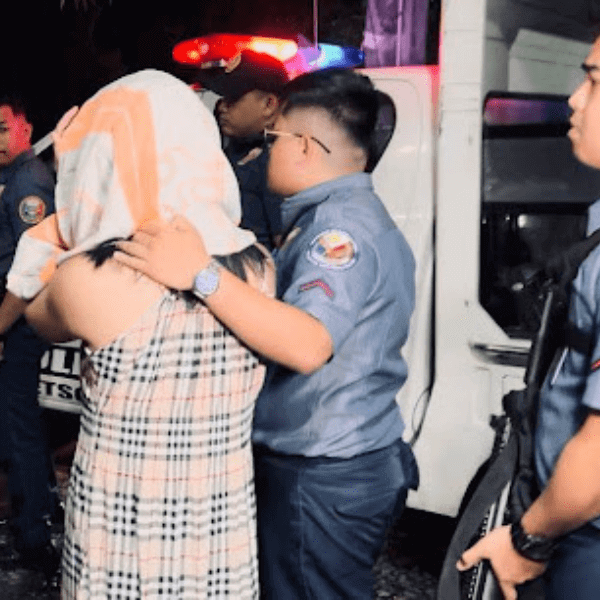
A survivor is given a towel to protect her identity while escorted away from the scene of a raid by a Philippine National Police Officer
All the effort, paperwork, patience, and networking are simply a means to rescue more children. Destiny Rescue’s teams share a passion to see kids released from exploitation and free to pursue their hopes and dreams. Many have uprooted from their homes to live permanently away from all they’ve ever known, but most of their agents are local to the rescue area and refuse to turn a blind eye to the problems around them. They’re not in it for money or fame: many survivors never know that Destiny Rescue’s undercover agents were actually good guys in disguise.
“We’ve done a lot of operations with Destiny Rescue,” Villamor Tuliao, a Senior Superintendent of the Philippine National Police, said. “They are doing a wonderful job in saving these children and giving hope for them to recover.”
Will you join the ranks of those who give of themselves for the sake of suffering children? Your gift could mean the difference between a life of freedom and a life of abuse for an exploited child. Fill out the form below to rescue a child today.
Donate with Confidence
The Child Rescue Charitable Aid Trust is a registered New Zealand charity: CC 50751. An Annual return is filed each year with Charities Services which is a NZ Government organisation under the Department of Internal Affairs. Annual reports to Charities Services can be viewed here. View our Financial Integrity webpage here.
Child Rescue is the New Zealand branch of the Destiny Rescue family, a global network of organisations. Our collective focus is to rescue children from sexual exploitation and human trafficking, and supporting their long-term freedom.

 US & International
US & International Australia
Australia United Kingdom
United Kingdom